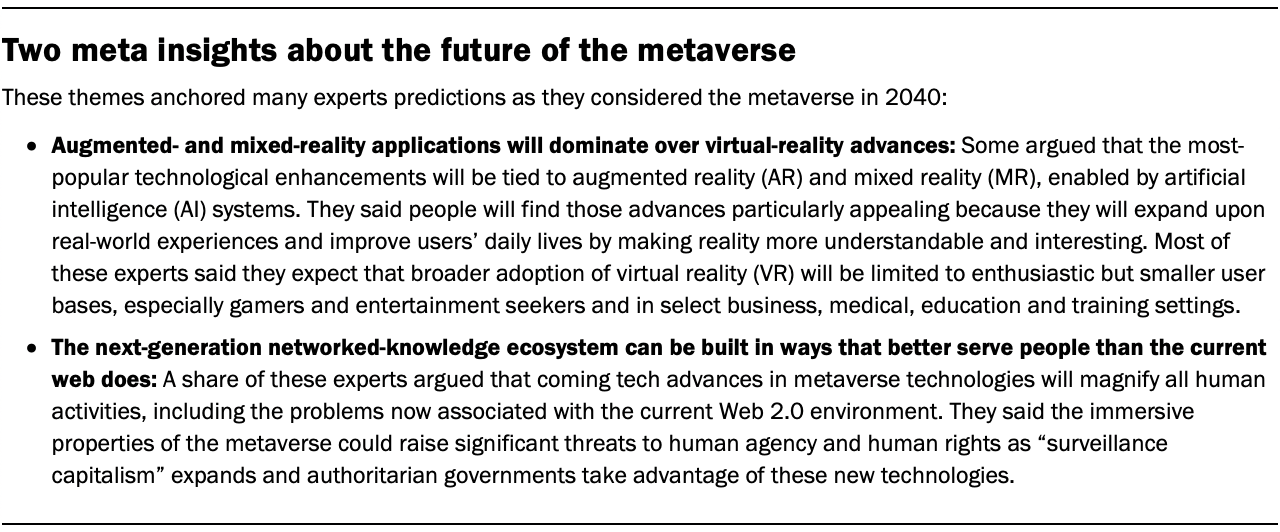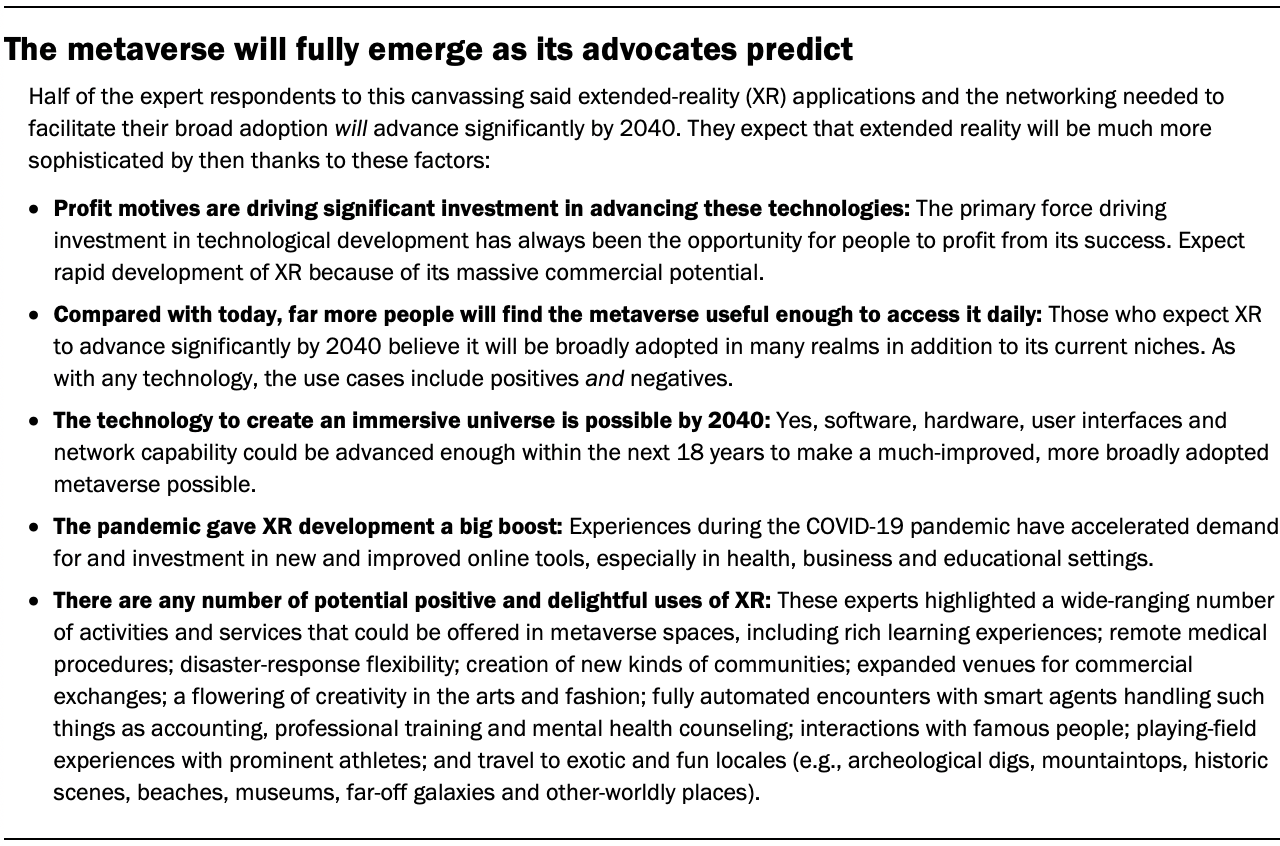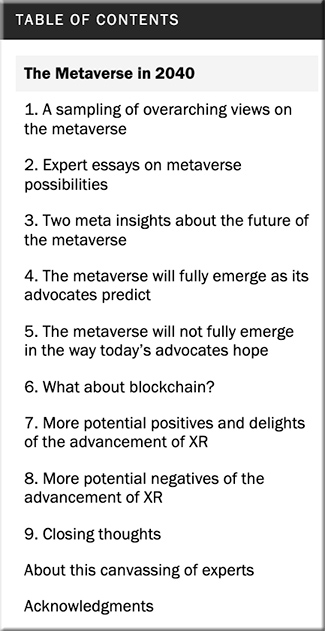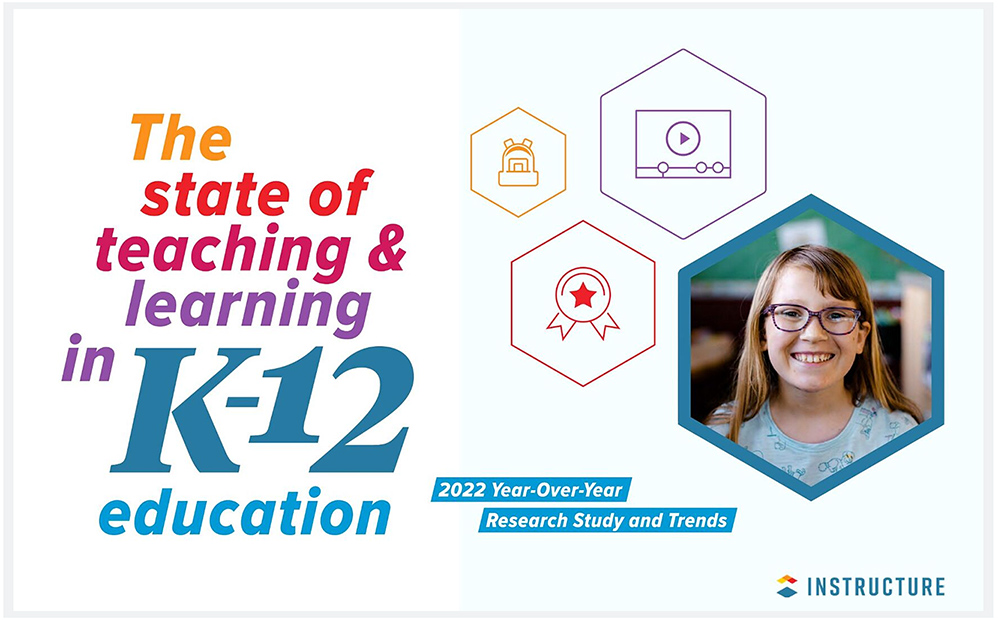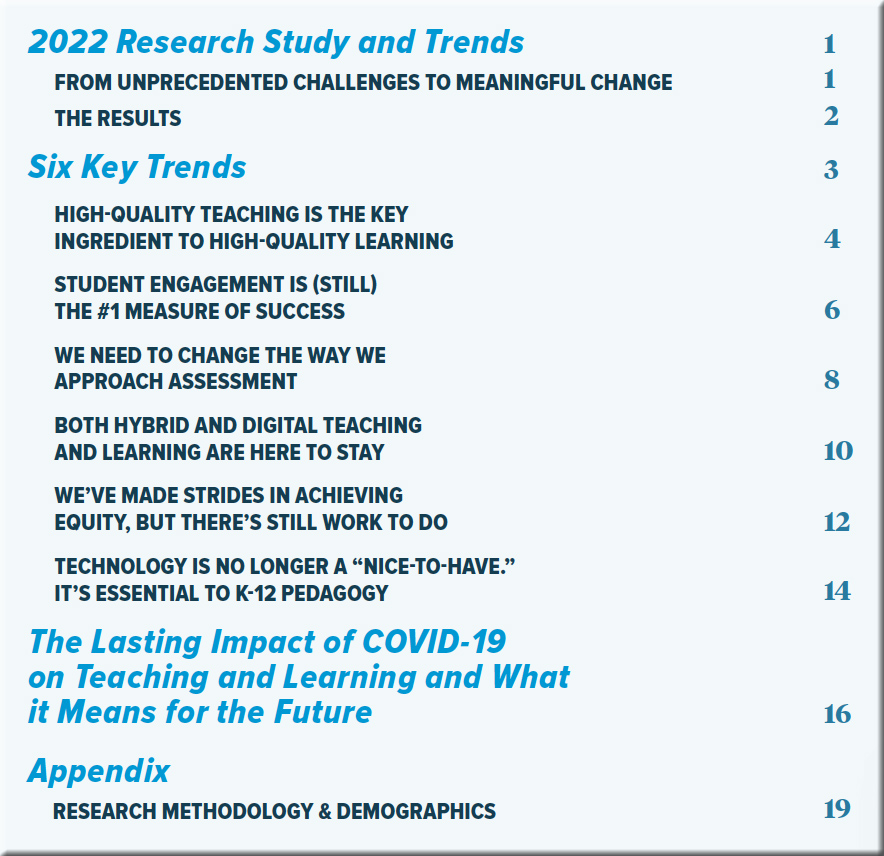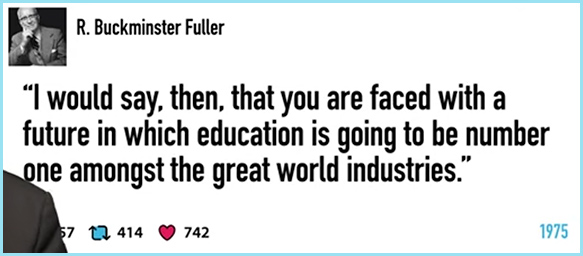GAO: Accommodations pose challenges to testing companies, test-takers — from k12dive.com by Kara Arundel
The pandemic made it more difficult to provide accommodations for higher ed admission tests, educational testing companies told the government agency.
Excerpt:
Individuals with disabilities and testing companies that administer assessments for higher education admission report challenges regarding testing accommodations, ranging from problems in providing documentation to concerns about maintaining test integrity, according to research by the Government Accountability Office.
Some individuals had difficulty providing adequate documentation to justify their accommodations, according to representatives from six disability advocacy organizations. Officials from five testing companies described hardships in reviewing and granting accommodation requests.











